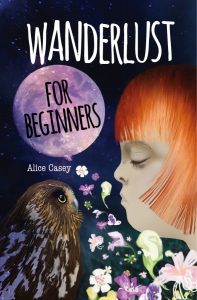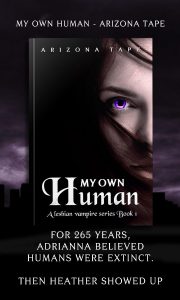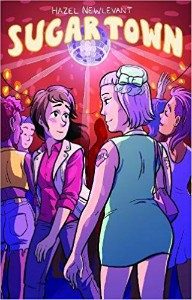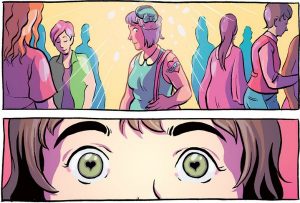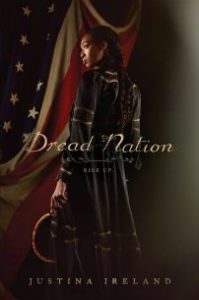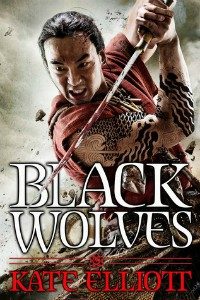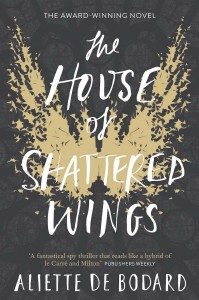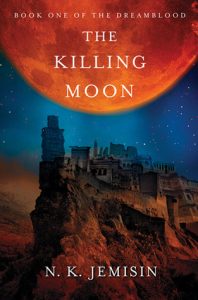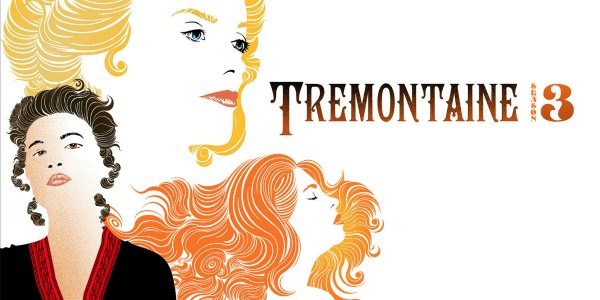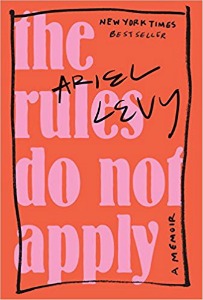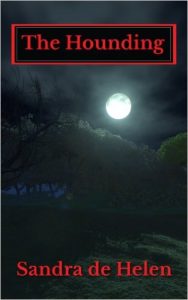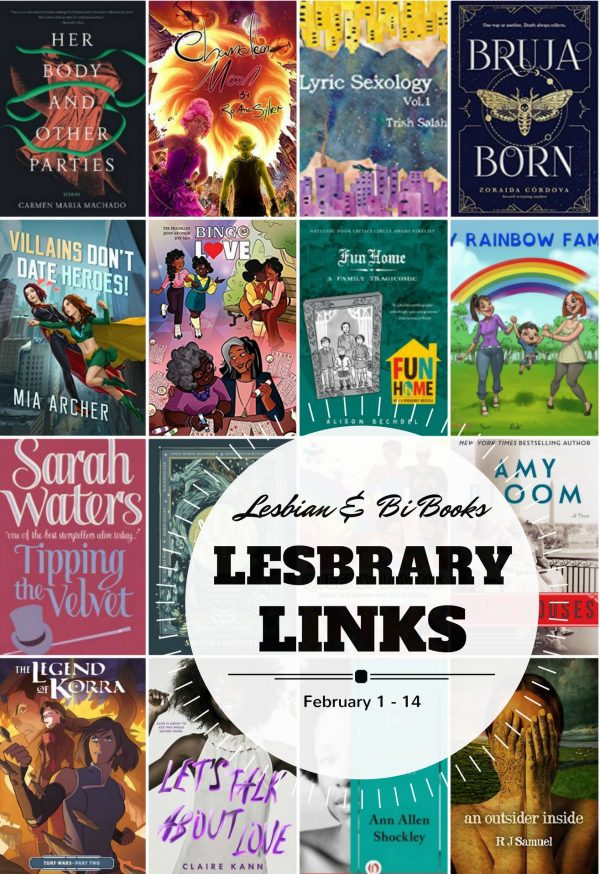
Autostraddle posted 8 Books to Read If You Loved Carmen Maria Machado’s “Her Body and Other Parties”.
Bella Books is holding multiple giveaways through their Facebook page.
Book Riot posted 7 Fantastic Queer Sequels Coming Out in 2018 and 10 Unmissable LGBTQ+ Poets.
Casey the Canadian Lesbrarian posted Three New Must-Read Queer Canadian Poetry Books.
Lambda Literary posted New in February: Joseph Cassara, Saundra Mitchell, Jeffrey C. Stewart, and Karin Kallmaker.
LGBTQ Reads posted New Releases: February 2018 and Valentine’s Day Reads for Under $5!
Ylva posted Inside India: Writing Lesbian Fiction from the East.
“The Lesbian Grandma Romance In “Bingo Love” Will Melt Your Cold, Cold Heart” was posted at Logo.
“Lesbian media representation changed my life” discusses Fun Home and the podcast “Nancy.”
“Remembering ‘Tipping The Velvet,’ The “Joyous” Lesbian Romance That Changed Television” was posted at Decider.
In Croatia, an “enlarged effigy of My Rainbow Family, a picture book created for kindergarten-age children, was put to flames in front of several hundred children and parents on Sunday” at a children’s carnival. Here’s the link to their Indiegogo page to support the authors and get your own copy of the book!
Queerly Loving (Volume 1) edited by G Benson and Astrid Ohletz was reviewed at Lambda Literary.
White Houses by Amy Bloom was reviewed at TBO.
What Weaponry by Elizabeth J. Colen was reviewed at Lambda Literary.
The Legend of Korra Turf Wars Part Two by Michael Dante DiMartino and Irene Koh was reviewed at Okazu.
Bingo Love by Tee Franklin, Jenn St-Onge, and Joy San was reviewed at Lambda Literary.
Let’s Talk About Love by Claire Kann was reviewed at Rich In Color.
An Outsider Inside by R J Samuel was reviewed at Curve.
Loving Her by Ann Allen Shockley was reviewed at Black Lesbian Literary Collective.
Flowers of Luna by Jennifer Linsky was reviewed at Okazu.
This post, and all posts at the Lesbrary, have the covers linked to their Amazonpages. If you click through and buy something, I might get a small referral fee. For even more links, check out the Lesbrary’s twitter! We’re also on Facebook, Goodreads, Youtube and Tumblr.
Thank you to the Lesbrary’s Patreon supporters! Special thanks to Jacqui Plummer, Ivy Quinn, Breanne Royce, Kath, Kayla Fuentes, Mark, Martha Hansen, Lindsy Lowrance, Amy Hanson, Chris Coder, Ann, Ellen Zemlin, and Casey Stepaniuk.
Support the Lesbrary on Patreon at $2 or more a month and be entered to win a queer women book every month!
Keep up with all the Lesbrary posts and extra content by signing up for the Lesbrary newsletter!

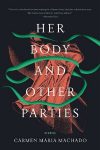
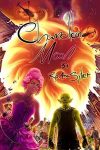
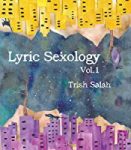
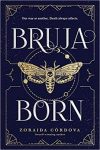

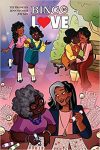
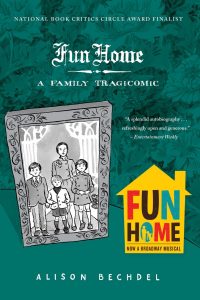
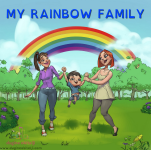


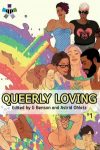


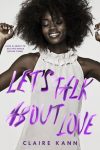
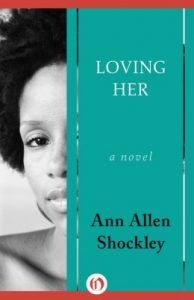
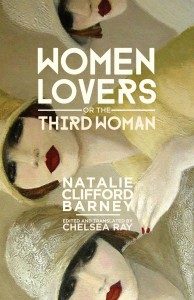
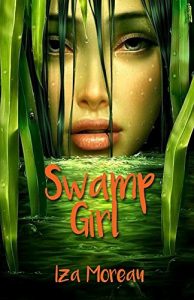

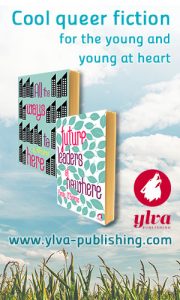
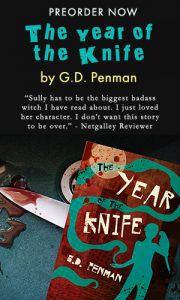 The Year of the Knife by G.D. Penman
The Year of the Knife by G.D. Penman